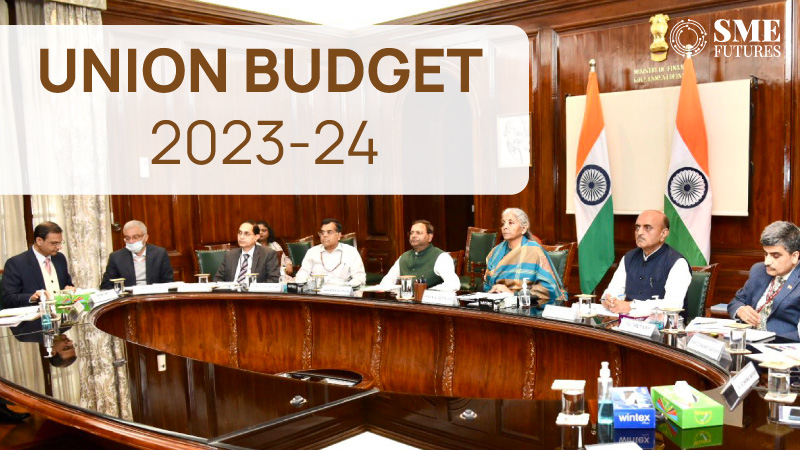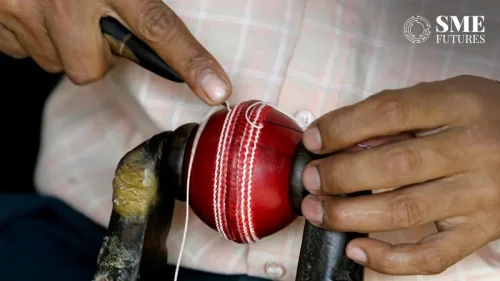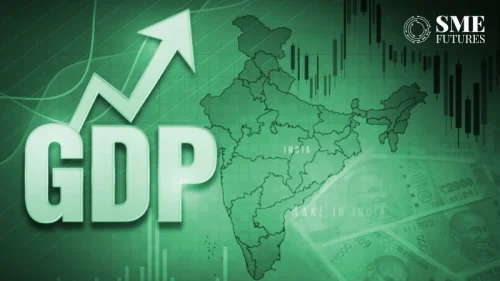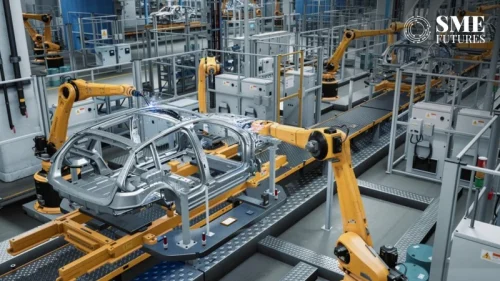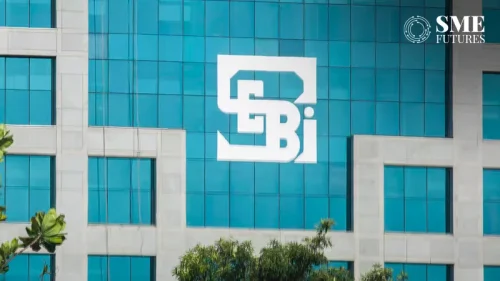The union finance minister, Nirmala Sitharaman chaired the pre-budget consultation meetings for union budget 2023-24 held in virtual mode from 21st to 28th November 2022.
More than 110 invitees representing, seven stakeholder groups participated in eight meetings scheduled during this period. The stakeholder groups include representatives and experts from Agriculture and Agro Processing Industry; Industry, Infrastructure & Climate Change; Financial Sector Capital Markets; Services Trade; Social Sector; Trade Unions and Labour Organisations Economists.
Rationalisation of income tax, fiscal consolidation, lowering of Customs duties, developing a mechanism for green certification to help micro small and medium enterprises (MSMEs) and introduction of an urban employment guarantee programme to boost employment generation in urban areas, are some of the key suggestions which FM received over the past one week from various sections of stakeholders, as part of her pre-budget consultations.
Also Read: FM asks startups to focus on climate change solutions
Some other important suggestions that the government received included the creation of innovation clusters, the introduction of schemes for improving domestic supply chains, the reduction of taxes on electric vehicles (EVs) as well as the introduction of an EV policy, measures to promote India as a hub for Green Hydrogen, social sector entrepreneurship fund for social impact companies and setting up of a national regulatory authority for water and sanitation, among others.
Prominent associations catering to MSMEs and MSME lenders such as FISME, FIDC, and Laghu Udyog Bharati shared their budget recommendations with Sitharaman during virtual meetings.
Among the prominent suggestions were scrapping the bank loan rating (BLR) requirement by banks to lend to MSMEs and instead developing a unique rating model focusing on the solvency alone of the borrower, reserving manufacturing and marketing of traditional, conventional and low-technology products such as bread, bun, stationery items, etc. of mass consumption for MSMEs, treat retail loans to small businesses/individuals differently in comparison to large corporate loans, etc.
Also Read: Amazon now shuts wholesale distribution biz in India
Post-Covid, the government had introduced multiple initiatives such as revising the MSME definition, ECLGS scheme, subordinate debt scheme, etc., to help the sector recover. The government has also significantly increased the budgetary allocation to the MSME ministry post-Covid-19.
From Rs 7,011 crore allocated in FY20, the allocation was enhanced to Rs 7,572 crore in FY21 before more than doubling to Rs 15,700 crore in FY22 and Rs 21,422 crore in the current fiscal.

